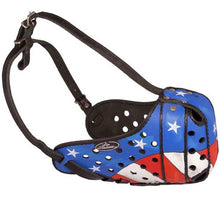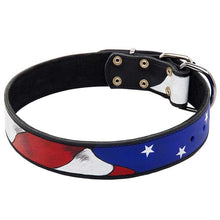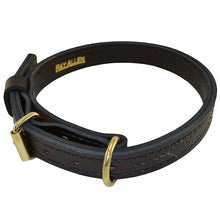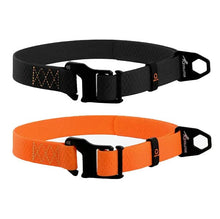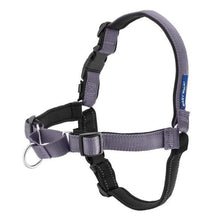13 Warning Signs of Canine Cancer

It’s the diagnosis that no one wants to hear. Just thinking about the possibility is enough to cause you stress. In dogs and humans alike, early detection is the key to fighting cancer.
Canine cancer is not the death sentence that it once was so if you suspect that your dog may have cancer or any other medical problem for that matter, you should see your vet.
The symptoms of canine cancer often mimic many other medical conditions so the only way to know for certain is by proper diagnosis. Assuming a dog has cancer can be a huge mistake as just as often, the condition is something else and entirely treatable.
Here are some of canine cancer’s warning signs.
- Collapse: Any time a dog collapses is cause for concern and warrants a visit to the vet as soon as possible.
- Lethargy: Not greeting you at the door, lack of interest in toys or play times may be a sign of cancer.
- Lack of interaction: Isolation and lack of social interaction are both signals that something is seriously wrong with your dog and can also be a sign of cancer.
- Coughing: If your dog begins to cough, it should be checked out by a vet. While most likely the cough is a simple cold or virus, congestive heart failure, as well as canine lung cancer, can cause coughing.
- Weight loss: If your dog loses weight slowly or rapidly for no apparent reason it is always cause for concern. There are other health problems that can cause weight loss, but all need to be diagnosed and treated by a vet, so an appointment is in order to rule out gastrointestinal cancer.
- Weight gain: If your dog suddenly gains weight or blows up for no apparent reason, it can be a sign of cancer and you should make an appointment with your vet.
- Oral changes: Changes in your dog’s gums, tongue, mouth, or lips, especially when accompanied by bleeding or odor, can be a sign of oral cancer.
- Nosebleeds: Nosebleeds in a dog are never normal. If your dog has a nose bleed, it is possible to have a foreign object lodged up its nose, but it can also be a sign of cancer.
- Changes or trouble with stools or urination: A dog that is suddenly having trouble with urinating or defecating, is having frequent diarrhea, is straining to pass stool, has blood in his stool, or is passing black tarry stools should be taken to the vet for diagnosis and treatment.
- Discharge from eyes and nose: Discharge from the eyes and nose is usually caused by allergies or other common problems. However, if the discharge is persistent, it can also be a sign of facial or eye tumors.
- Seizures: Seizures, especially in an older dog that has never suffered a seizure, should be taken seriously.
- Skin lumps or lesions: Lumps, bumps, growths, sores that don’t heal, crusty spots that won’t go away, areas of swelling, painful spots, or skin changes should be examined by a vet and possibly biopsied.
- Pain: If your dog is in pain or is guarding a particular area of the body, it could be an injury or infection as well as a sign of cancer.




